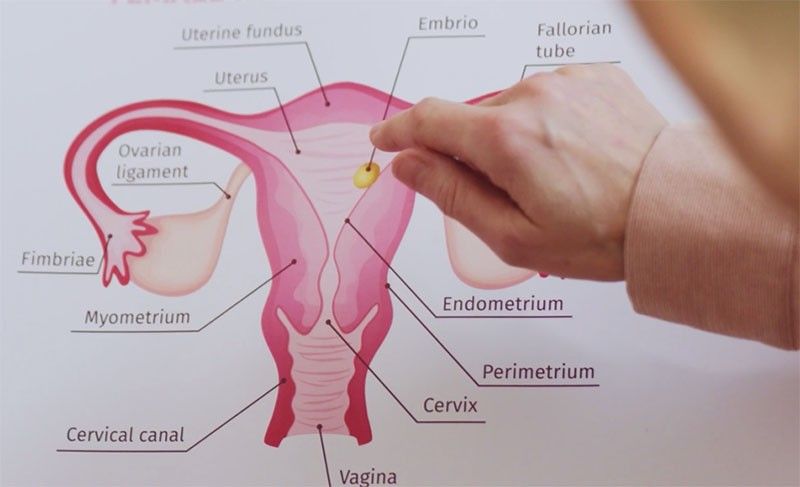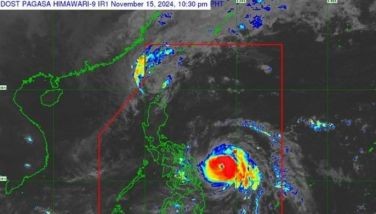US CDC to support DOH in preventing cervical cancer

MANILA, Philippines — The United States' national public health agency is set to work with the Department of Health to improve the Philippines' human papillomavirus (HPV) vaccination program.
The US Centers for Disease Control and Prevention (CDC) will assist the Department of Health in evaluating its HPV vaccination program, with a focus on the social and behavioral factors that influence people's use of the vaccine, according to a statement from the White House on September 21.
The initiative is part of a broader regional program launched by the Australia-India-Japan-US Security Quadrilateral Dialogue — informally known as the Quad — to reduce cervical cancer-related deaths and strengthen cancer care systems in the Indo-Pacific region.
Through the program, the four countries have pledged to make HPV vaccines more accessible by broadening access to screenings and expanding treatment options and care in underserved areas.
The US government has pledged at least $1.58 billion over five years while India has committed $7.5 million worth of HPV sampling kits, detection tools and cervical cancer vaccines.
"In addition, Quad countries will work together with United Nations agencies on bulk purchasing of HPV diagnostics to bring down the cost of cervical cancer screening," the statement read.
The US public health body will "provide technical assistance and disseminate best practices" based on cervical cancer screening programs in the U.S. Pacific territories to help improve cancer control efforts in the region.
Meanwhile, five local government units from the Philippines will get access to advanced cervical cancer screening and treatment services through a project by Jhpiego, an international non-profit health organization affiliated with the US-based Johns Hopkins University.
The World Bank has also pledged $400 million in HPV-related investments in the next three years, with projects lined up for the Philippines among other countries in the region.
The Quad is a loose diplomatic and military alliance formed in 2007 and then revived in 2017 during the Association of Southeast Asian Nations (ASEAN) summit in Manila to counter China's growing influence in the region.
According to DOH data presented in May 2023, cervical cancer ranks as the 2nd most common cancer among women in Philippines, with estimates showing at least 12 Filipino women die from the illness daily.
Around 39.6 million women aged 15 and older are susceptible to developing cervical cancer, according to the HPV Information Center.
The Philippines has the lowest HPV vaccine coverage among low-middle-income countries, with only 23% of the target female population receiving the first dose and 5% completing the final dose, according to a 2022 study published on the journal Frontiers in medicine.
- Latest
- Trending



























